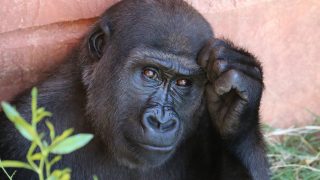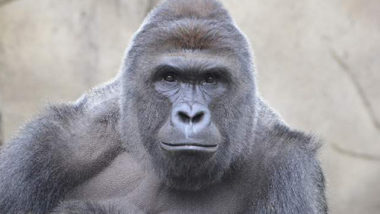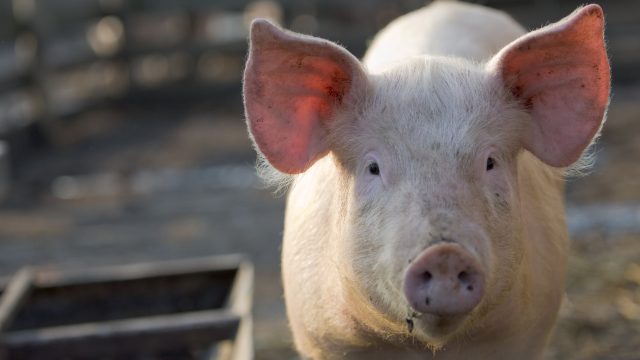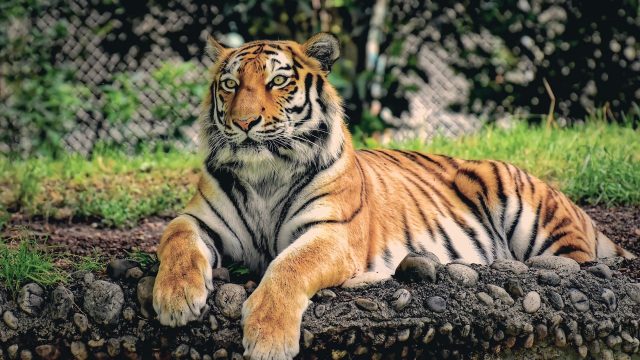
Justice for Harambe

Here we are again. Only six weeks after big cat keeper Stacey Konwiser was killed by a Malayan tiger at the AZA-accredited Palm Beach Zoo, yet another tragedy has occurred. This time, a May 28th incident at the AZA-accredited Cincinnati Zoo left a little boy injured and a young gorilla, Harambe, dead. Well-meaning people are outraged and desperate to assign blame. Indeed, since Saturday, more than 180,000 signed a petition seeking prosecution of the child’s parents, all in the name of #JusticeforHarambe. Social media is flooded with a debate over whether the zoo made the right call by killing rather than tranquilizing Harambe. However, at their core, these heart-wrenching situations aren’t about parenting, emergency management, or keeper error. Responsibility for every single one of these tragic incidents lies with zoos, circuses, and other business models centered on warehousing animals for public amusement.
As long as we keep complex wild animals in zoos, circuses, and other unnatural situations that deny them the full range of their normal behaviors, they will continue to suffer and dangerous human-animal interactions that end in tragedy will continue—all while wild populations dwindle. Despite the claims of zoos and other animal exhibitors, not only is there no educational value in seeing animals confined to artificial exhibits, conservationists like David Quammen in his book, Wild Thoughts from Wild Places, have pointed out that zoos “may actually undermine the continued existence of what they purport to celebrate. People … visit the zoos, and by the mesmeric power of these vicarious experiences, they come carelessly to believe that [an endangered species] . . . is alive and well because they have seen it.”
We can each do a better job of seeking #JusticeforHarambe by cutting through the noise about parenting, defects in habitat construction, and appropriate methods to immobilize animals in an emergency, and committing to support only those conservation initiatives that: 1) focus on legitimate contributions to preservation of species in the wild; and 2) don’t put the lives of keepers, animals, or the viewing public at risk.
Focus Area
Recent News
-
Court Rules Texas Food Label Censorship Law is Unconstitutional
The law imposed unclear and vague standards on plant-based meat producers that violate the First AmendmentJanuary 29, 2026 Press Release -
Defend the Big Cat Public Safety Act
Urge your federal representative to oppose H.R. 7159, which aims to undo protections established by the Big Cat Public Safety Act, including by creating exemptions allowing direct contact with big cats, such as cruel cub petting. -
State Animal Protection Laws Ranked: Oregon is #1, North Dakota #50
20th edition of ALDF state and territory ranking report highlights major advancements & trends in animal protection across the U.S.January 27, 2026 News



